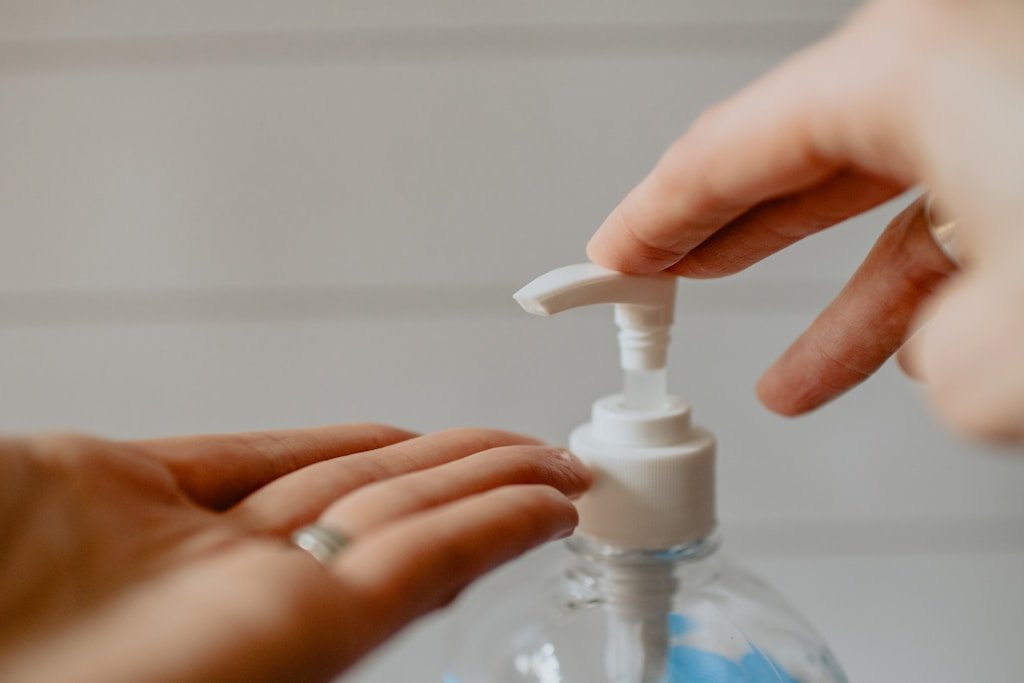Maintaining consistent hygiene standards is a shared challenge across many professional environments. Whether in hospitals, schools, or food production sites, facility managers look for disinfectant solutions that balance efficacy, safety, and cost-effectiveness.
Meeting hygiene needs in healthcare environments
Healthcare facilities face constant pressure to reduce the risk of healthcare-associated infections (HAIs). High-touch surfaces such as bed rails, door handles, and medical equipment surfaces require frequent disinfection with products that are effective yet compatible with a range of materials. Formulations based on DDAC are often chosen because they combine proven antimicrobial activity with good stability, making them suitable for regular use in busy clinical settings. Their flexibility in wipes, sprays, and concentrates allows hygiene managers to adapt protocols to different hospital areas.
Supporting safe learning environments in schools and universities
Education facilities bring together large numbers of students and staff, often in close contact. High traffic in classrooms, corridors, canteens, and sports facilities creates a need for reliable surface cleaning and disinfection. Products containing DDAC are widely used here because they can be applied across diverse surfaces, from desks and door handles to shared equipment. Their ease of use and cost-effectiveness make them a practical choice for facility managers aiming to maintain hygiene without disrupting daily activities.
Enhancing hygiene in food processing and catering
In the food sector, cleanliness is tightly linked to product quality and consumer trust. Food processing plants, kitchens, and catering facilities all require disinfectants that can be applied frequently and safely on a wide range of non-food contact surfaces. DDAC-based solutions play an important role in this context. Their effectiveness against a broad spectrum of microorganisms, combined with compatibility across many materials, makes them a valuable part of hygiene programmes designed to meet regulatory and audit requirements.
Why DDAC continues to be relevant
Across sectors, professionals need disinfectant actives that deliver a balance between reliability, flexibility, and affordability. DDAC has remained a relevant option because it supports these needs in varied environments. From healthcare to education and food facilities, its role in professional disinfection is well established and continues to support safe and hygienic operations.
To explore more about DDAC and its applications in professional hygiene, visit the dedicated resource page on Arxada’s Hygiene EMEA site.

